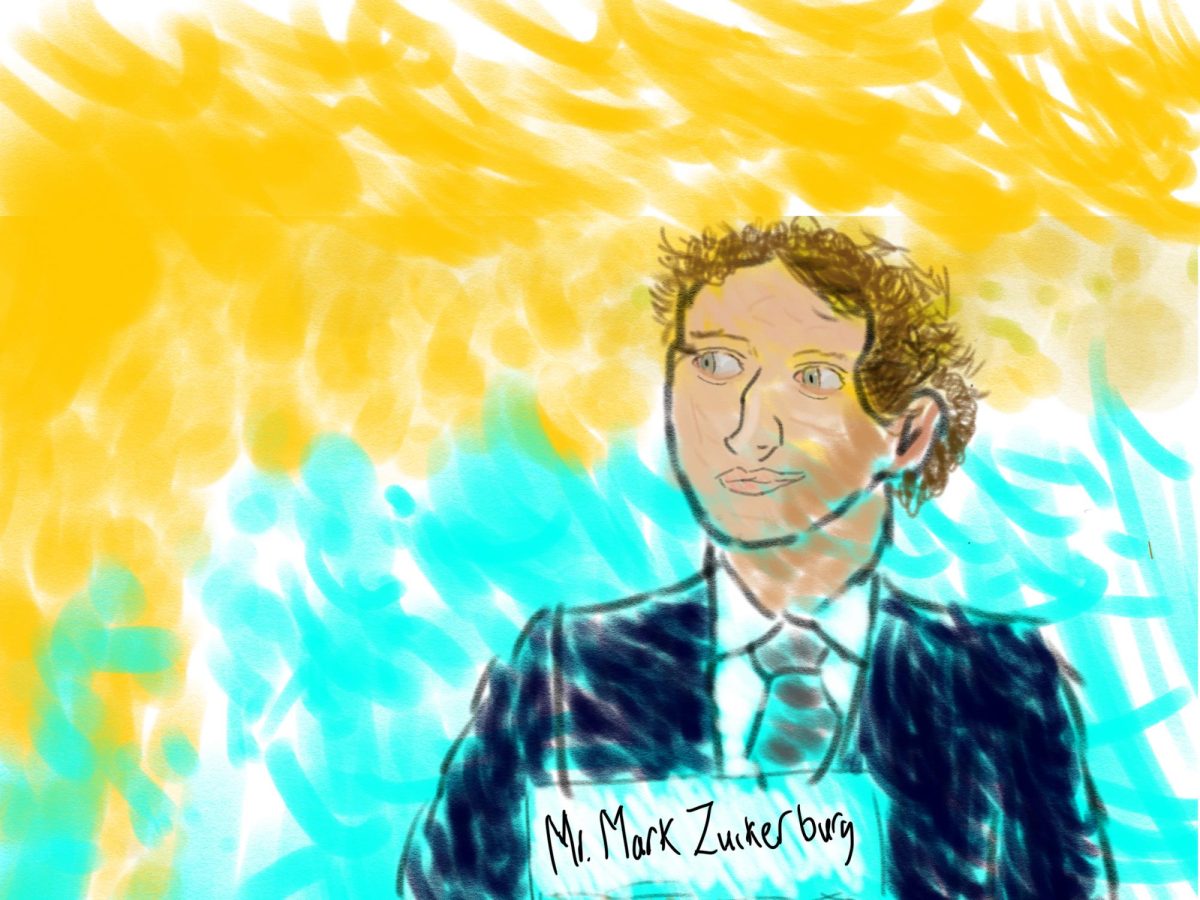The U.S. District Court in California rejected accusations that Mark Zuckerberg was personally liable for the negative effects of social media, including Meta Platform, Inc.’s, Facebook and Instagram, on children. Zuckerberg must be held liable in order for tech companies to seriously acknowledge this issue.
According to the New York Post, the plaintiffs argued that Zuckerberg’s company addicted children to social media.
The legal issues began in 2022, when Meta faced a slew of lawsuits from families seeking damages for social media addiction. Many children claimed that they suffered “negative physical, mental and emotional health effects from social media use including anxiety, depression and occasionally suicide.”
Children are especially vulnerable to social media content, as their brains have not yet fully developed. Yet, companies such as Meta continuously target this specific demographic.
There have been studies showing that Instagram is extremely harmful for these age groups.
Internal documents from Meta show that the company conducted studies on the effects of Instagram on teenage girls. In one of these documents, the Wall Street Journal reported that “thirty-two percent of teen girls said that when they felt bad about their bodies, Instagram made them feel worse.”
The worst part may be the fact that Zuckerberg himself was aware of these findings, and yet “has repeatedly declined to make Facebook’s internal research on the effects of its platform on young users public for lawmakers and academic researchers.”
The fact that he refused to conduct further studies signifies Zuckerberg’s dishonest practices. His refusal to make research public is, of course, due to money.
Instagram is vital to Meta’s business, accounting for $100 billion in annual revenue. With about 22 million U.S. teenagers logging into Instagram every day, anything that could potentially lower sales poses a danger to Meta’s earnings.
So, Zuckerberg knows, but refuses to take accountability or even acknowledge that his actions played a huge role in causing problems for unsuspecting kids.
A potential counterargument to Zuckerberg being guilty is that the parents are responsible for monitoring their children and it’s the family’s fault for allowing children to become addicted to social media.
However, when an app is heavily marketed to children, available at the click of a button and whose CEO does whatever he can to “conceal from children the serious mental health risks of using” said app, it’s not parental responsibility.
Clearly, apps made by careless companies such as Meta are dangerous weapons that are hurting children.
This is just another case showing how tech companies need more government regulation.
Zuckerberg got off scot-free with the judge by stating that he has no legal responsibility to pay for his actions. And although he may not have been a direct cause of this issue, he knew of the dangers associated with his company’s actions and chose not to intervene.
Facebook started about 20 years ago and has revolutionized communication in many positive ways.
However, people need to be aware of the downsides just as much as the benefits.
Tech companies are not heroes or saviors of any kind. More often than not, they will not hesitate to put their own self-interest first at the expense of others.
Fortunately, the plaintiffs aren’t giving up on the case.
Previn Warren, a partner at Motley Rice representing the plaintiffs, said that his clients will continue gathering evidence “to uncover the truth about how Big Tech has knowingly prioritized profits over the safety of our children.”







